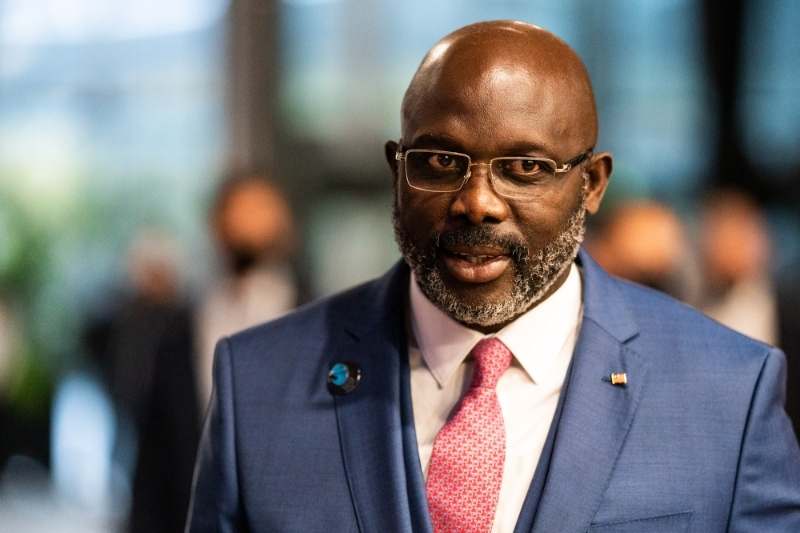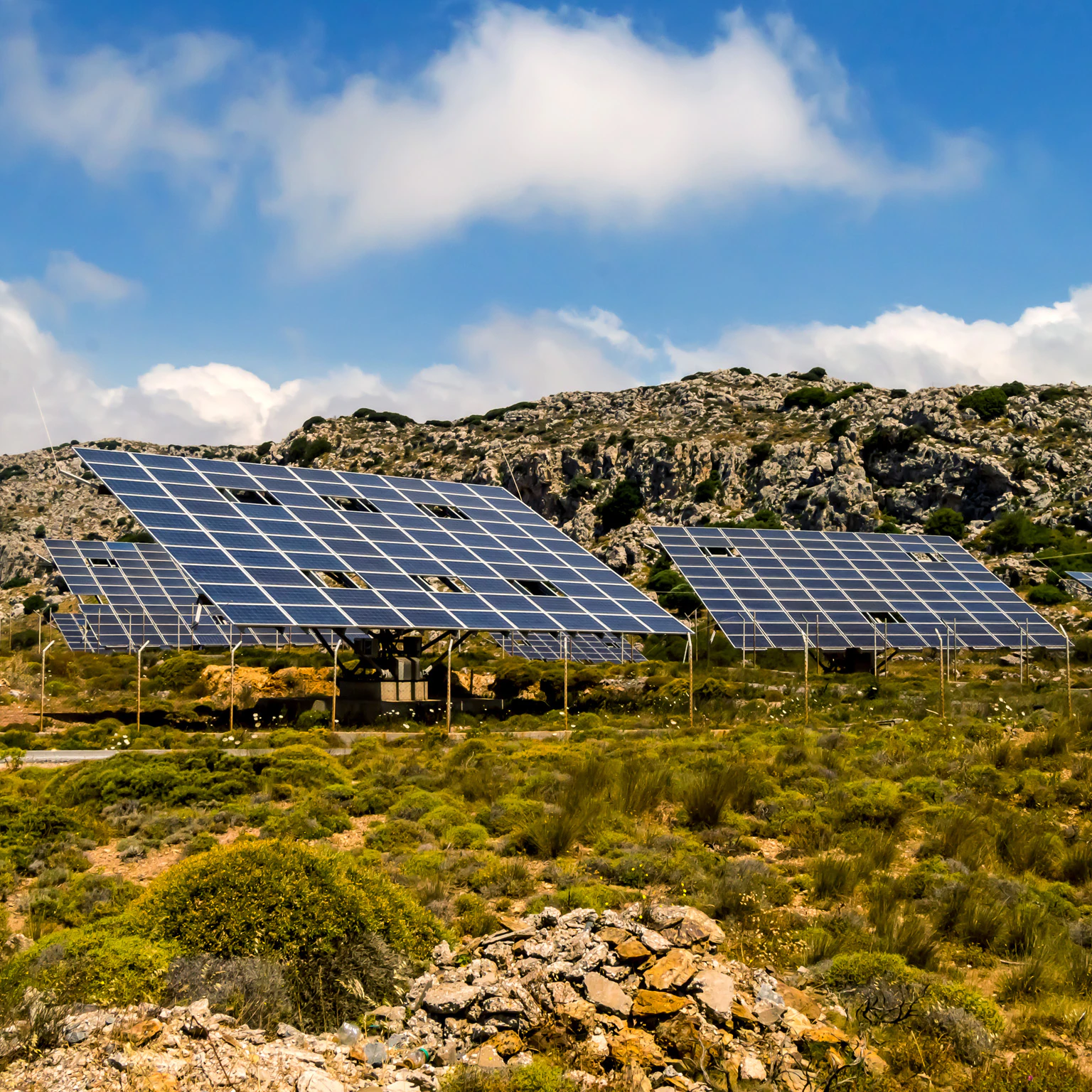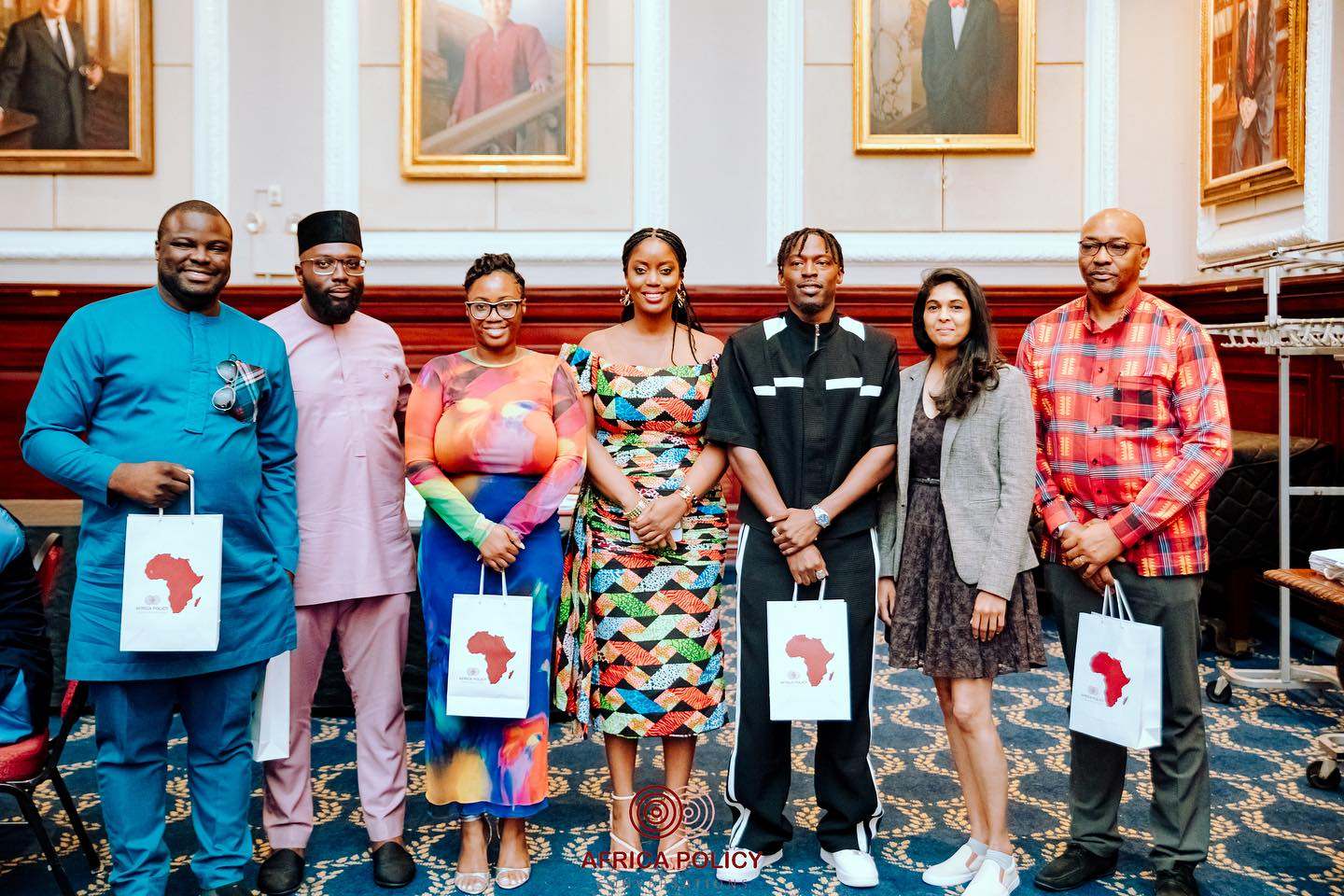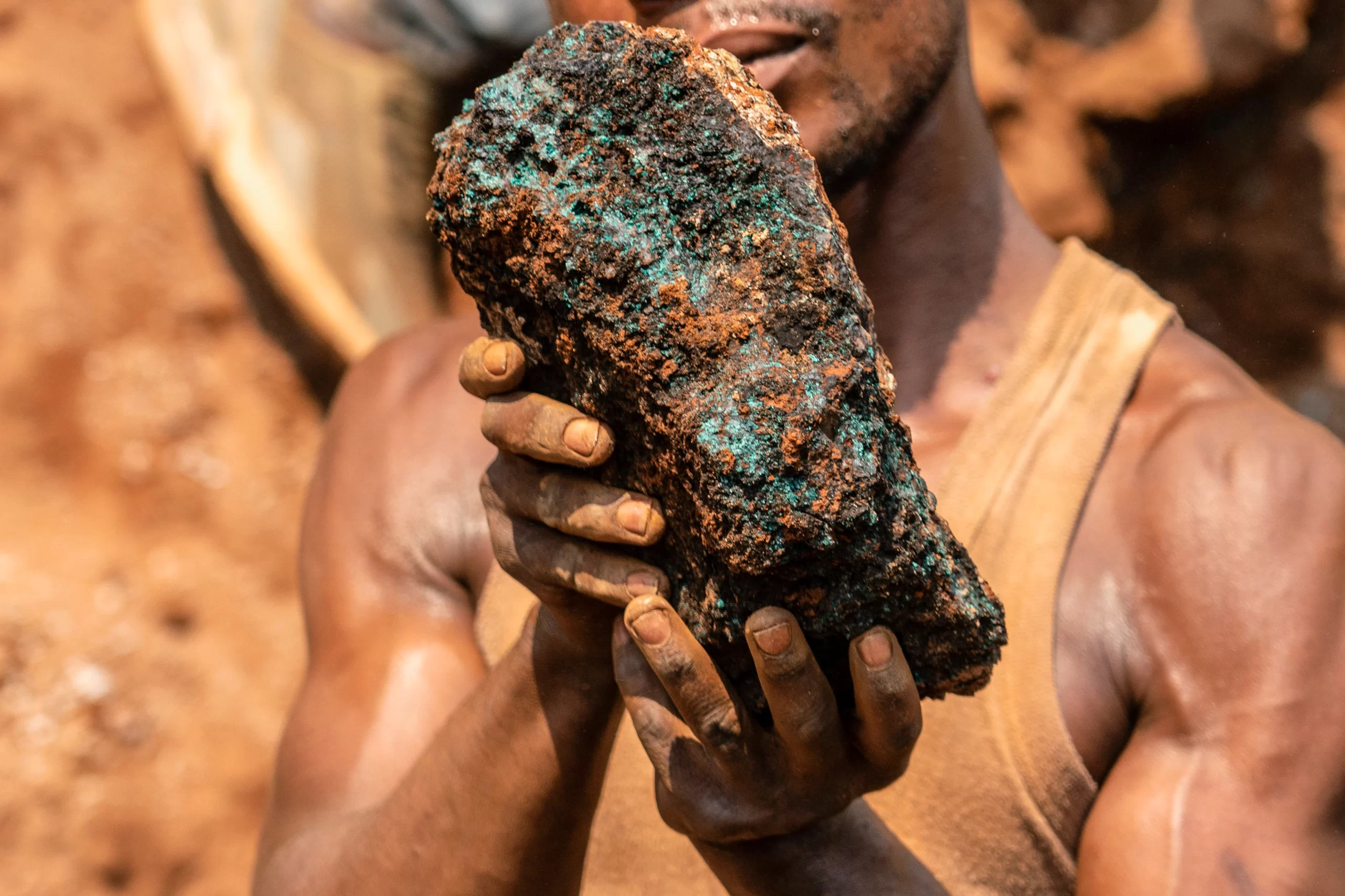Green growth is a concept in policymaking and economic theory that describes paths to economic growth that are environmentally sustainable. It includes an economic development strategy that aims to reduce impact on the environment while increasing economic growth. Green growth is based on the idea that investing in clean energy, sustainable agriculture, and other environmentally friendly industries can create jobs, boost economic productivity, and improve the quality of life for Africans.
Africa is a continent with vast natural resources, a young and growing population and rich renewable energy potential. These factors, combined with its agricultural heritage and untapped innovation make Africa a potential economic powerhouse.
There are a number of ways in which green growth can contribute to African economic empowerment, some of which include;
- Job Creation: The clean energy sector is one of the fastest growing sectors in the world, and it is expected to create millions of jobs in Africa in the coming years. Sustainable agriculture can also create jobs, as it requires more labor-intensive practices than conventional agriculture.
- Boost Economic Productivity: By investing in clean energy and sustainable infrastructure, African countries can reduce their reliance on imported oil and gas, which can save money and make the economies more competitive. Taking advantage of the abundance of solar and wind energy resources to generate clean and affordable electricity as well as improve energy efficiency would lead to lower costs for businesses and consumers, as well as improved living conditions.
- Improve the Quality of life in Africa: By reducing air and water pollution, green growth can improve public health. It can also help to mitigate the effects of climate change, which already has a devastating impact on Africa.
- Improve Food Security: By investing in sustainable agriculture, green growth can help to increase food production and reduce food insecurity.
- Protect Natural Resources: By reducing pollution and deforestation, green growth can help to protect Africa’s natural resources, which are essential for its economic development.
Making green growth a reality in Africa requires addressing a number of challenges, a few include;
- Lack of investment in clean energy and sustainable infrastructure: Developing and implementing green technologies and practices often necessitates adequate infrastructure. The lack of reliable energy, transportation, and communication infrastructure can hinder the adoption of renewable energy sources and eco-friendly solutions. African countries can partner with international organizations that have experience in the field to attract diaspora or foreign investment in order to build the necessary infrastructure, create the jobs and boost the productivity that green growth can offer.
- Lack of political Will: Some African leaders are reluctant to support green growth because they believe it will slow economic growth. However, there is evidence that shows that green growth boosts economic growth in the long run. The absence of clear and supportive policies can deter investments in green growth initiatives. Governments need to establish frameworks that incentivize sustainable practices, set emission reduction targets, and promote eco-friendly industries.
- Data and Information: Reliable data on environmental conditions, resource availability, and emissions are necessary for informed decision-making. In many cases, data gaps and limitations hinder effective planning for green growth.
- Local Context, Culture and Behavioral Change: Implementing green growth strategies requires an understanding of local contexts and cultures. Solutions need to be tailored to specific regions and consider the social, economic, and cultural factors at play. This would then boost greater understanding and encourage shifts in consumer behavior and societal attitudes toward sustainability while promoting eco-conscious behaviors and consumption patterns that drive demand for green products and services.
- Capacity Building and Breaking Financial Barriers: Building expertise and skills in green technologies and practices is crucial. There is a need for training programs, educational initiatives, and knowledge transfer to ensure that individuals and institutions have the know-how to implement and manage sustainable projects. Capacity also includes adequate financing. Significant upfront investments in renewable energy projects, sustainable agriculture, and clean technologies would be required. Limited access to financing, particularly for small and medium-sized enterprises, can impede progress in this direction.
Despite the challenges, there is a growing momentum for green growth in Africa. A number of African countries have made commitments to reduce gas emissions and invest in clean energy. Collaboration between governments, private sector entities, and international organizations can lead to good policies and investments that create an enabling environment. Educating Africans on the benefits of green growth and building political support for it can help us overcome the challenges and seize the opportunities green growth offers, as well as achieve sustainable economic development, empowering our people and creating a soft landing for generations to come.
Adopting the concept of green growth will be a win-win for Africa. It can help to achieve sustainable development goals, empower Africans, and protect the environment. It is a powerful driving force that can reshape Africa’s economy and preserve its natural wealth.
Written By: Gabriella Onah
REFERENCES
- Green Growth That Works: Natural Capital Policy and Finance Mechanisms Around the World. Island Press. 2019. ISBN 9781642830033.
- OECD “Green Growth and Sustainable Development”








